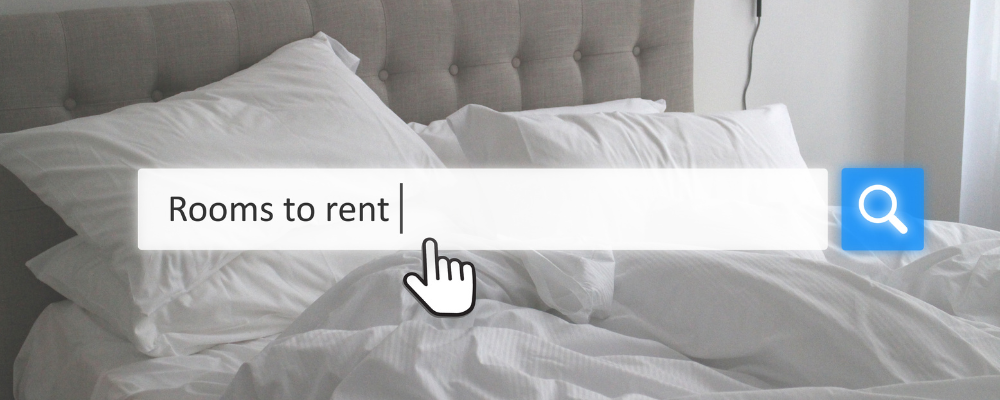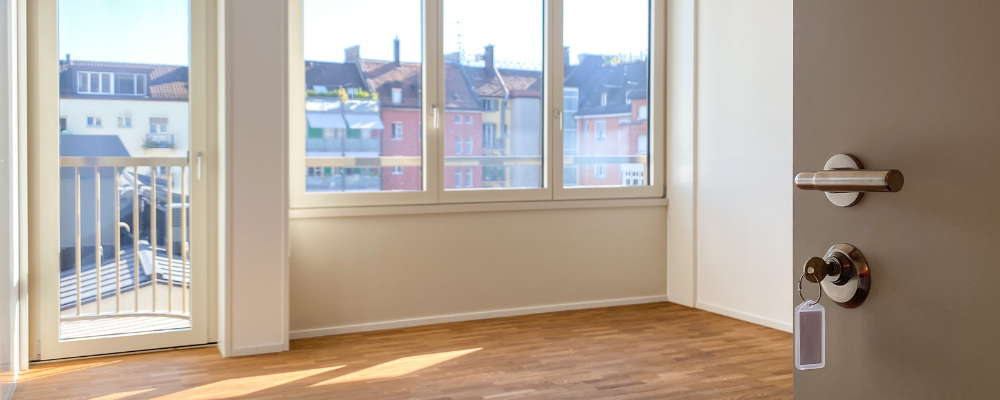The Short Answer
House hacking is a real estate investment strategy where a property owner lives in one part of a property and rents out other sections to generate income. This approach allows the owner to cover housing costs, build equity, and gain valuable experience in property management. House hacking can be done with single-family homes, multi-family properties, short-term rentals, or by adding accessory dwelling units (ADUs). The benefits include reduced housing expenses, flexibility, landlord experience, and lower risk, with the possibility of financing the property as a primary residence to secure better loan terms.
In the U.S., several loan options are available for house hacking, including conventional loans, FHA loans, VA loans, USDA loans, and Fannie Mae Homestyle Renovation loans. These loans are classified as owner-occupied, requiring the borrower to live in one of the units. If traditional loans aren’t feasible, alternative funding methods like crowdfunding, partnerships, joint ventures, or using home equity can also be effective for financing house hacking projects. These alternatives offer flexible terms and can help investors creatively finance their house hacking ventures.
Jump To
Is House Hacking A Viable Investment Strategy?

House hacking is a real estate investment strategy that involves purchasing a property and living in a section of it, and renting out other parts of it to generate an income. This approach allows the owner of the property to cover a large portion, or sometimes all of, their housing costs. In other words, the rental income can cover the monthly mortgage payment, property taxes, insurance, and other expenses. Which means that house hackers can build equity in a property and eventually make a profit from it once their mortgage is paid off. It also gives property owners the chance to gain valuable experience in property management and real estate investing.
How does it work?
- Single-family homes are used to live in, and extra rooms or even the basement are rented out.
- Multifamily property, like duplexes, can be used for house hacking by living in one unit and renting out the others.
- Short-term rentals through platforms like Airbnb form part of the house hacking strategy where owners can rent out their rooms or units for short stays.
- Accessory Dwelling Units (ADUs), such as granny flats, can be added onto a property and rented out to provide tenants with their own space.
The benefits of house hacking include:
- Reduced housing costs: Earning a rental income allows property owners to cover the monthly mortgage payment and various other costs associated with housing every month, and use this to build equity in the property. Often, homeowners who are house hacking can get tax benefits from writing off expenses related to the rental portion of the property, such as repairs and maintenance. By using a mortgage to purchase the property, investors can control a more valuable asset with less of their own money, and essentially use it as leverage.
- Flexibility: House hacking allows homeowners to have flexibility in their schedules and continue earning the rental income, even when they aren’t on the property or in town.
- Gain landlord experience: Living on the same property as the tenants gives homeowners a fast track into becoming landlords. This is a good way to learn about what it takes to become a landlord and manage properties.
- Lower risk: House hacking provides a low risk way to earn rental income, by managing the tenant situation yourself and choosing wisely as they will be living on the same property. House hacking also lowers the risk of purchasing a home, because the monthly mortgage payment and other housing expenses will be subsidized.
- Financing as a primary residence: Homeowners can finance a primary residence and use this to house hack, which saves them having to get an investment property loan. Mortgages for primary residences typically come with lower fees and better interest rates.
Are House Hacking Loans Available In The US?

In the US, there are various loans that can be used for house hacking. These loans are geared toward those who wish to purchase a primary residence and rent out parts of it, or a multi-unit property where some of the units will be rented out, while the owner lives in one.
Overview of House Hacking Loan Options
Conventional loans
Conventional loans are typically provided by traditional financial institutions and these are used for the purchase of primary residences. For those who are going to be house hacking, this loan can help with their home purchase, with down payments as low as 3% of the purchase price in this scenario. Conventional loans through Fannie Mae and Freddie Mac also allow for the purchase of a multifamily property.
FHA Loans (Federal Housing Administration Loans):
FHA loans are geared towards the purchase of multi-family homes, and often only require a down payment of 3.5% of the purchase price. These loans are ideal for investors who would like to revamp the units before renting them out. FHA loans are backed by the federal government.
VA Loans
VA loans are available to veterans and active-duty military members, as well as surviving spouses. These loans don’t require a down payment and can be used to purchase a property up to 4 units, provided the buyer is living in one of them. VA loans provide 100% financing which a huge help to those who intend on using it for house hacking.
USDA Loans (United States Department of Agriculture Loans)
USDA loans are available for properties that are in designated rural and suburban areas. USDA loans also offer 100% financing with no down payment. They can be used to purchase multi-unit properties, provided that the borrower lives in one of the units which works well for the house hack strategy.
Fannie Mae Homestyle Renovation Loan
Certain borrowers may be eligible for a Fannie Mae Homestyle Renovation loan, which requires only a 3% down payment and can be used for distressed properties. However, these loans come with specific conditions and restrictions, so it’s important to consult with a lender before proceeding.
Are House Hacking Loans Classified As Owner-Occupied?
Yes, house hacking loans are classified as owner occupied, because the qualifying criteria for each of these loans (FHA, VA, USDA, conventional loans and so on) is that the borrower must live in one of the units as their primary residence. This classification allows borrowers to take advantage of more favorable loan terms, such as lower interest rates and down payments, which are often offered for owner-occupied properties.
Other Ways To Fund House Hacking Projects

If the loans mentioned above aren’t feasible, there are other ways of sourcing the funds required to purchase a property and begin renting out parts of it, or other units, in order to generate a rental income from a house hack strategy.
Crowdfunding
Crowdfunding platforms allow borrowers to raise funds from a group of investors, often in exchange for equity or interest payments. Borrowers can pitch their project to these investors on a crowdfunding platform and receive funds from various interested investors. These loans may have more flexible loan terms, and require a lower down payment, with less stringent loan terms, depending on the lenders.
Partnerships or Joint Ventures
Partnering with someone who has the funds and experience, allows investors to pool their resources and combine their expertise in order to make wiser investment decisions. This is also another successful way to generate the funds needed to purchase a property. There will be an equity split required, and in some cases one partner provides the capital while the other takes an active role in managing the property and living there.
Home Equity
If you’ve already built up equity in a home, you may be able to use this to extend your property or renovate in order to create a space to rent out for a house hack strategy. Due to the fact that you already have equity in your home, you can borrow against this using a lump sum or a Home Equity Line of Credit which works almost like a credit card. The choice depends on your house hacking strategy. The interest rates on these types of loans are more favorable than many other types of loans used for real estate investing.




